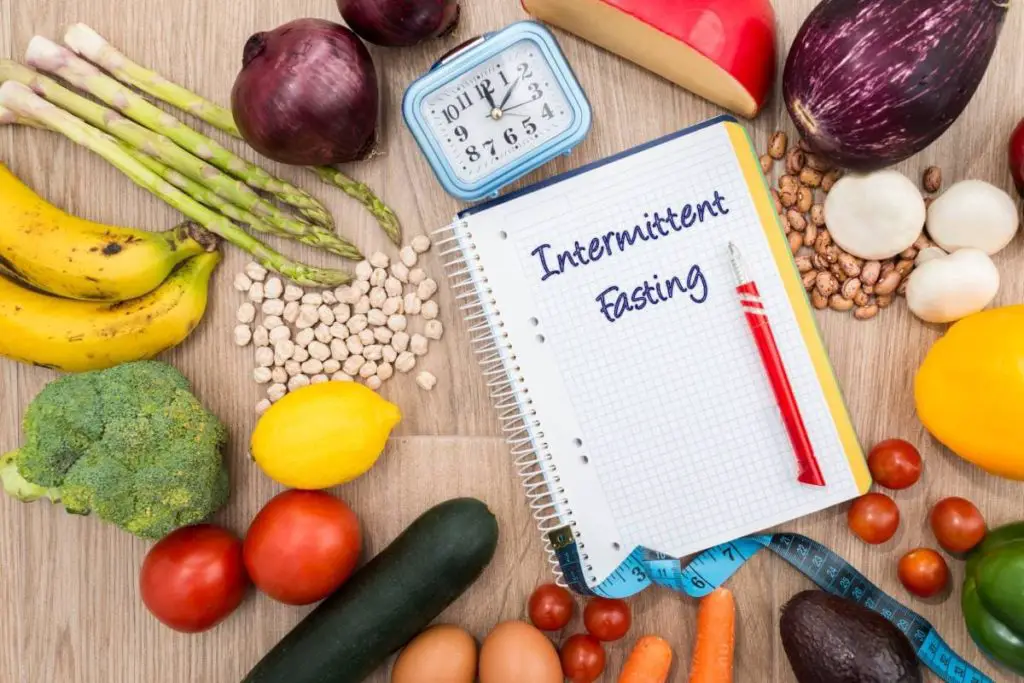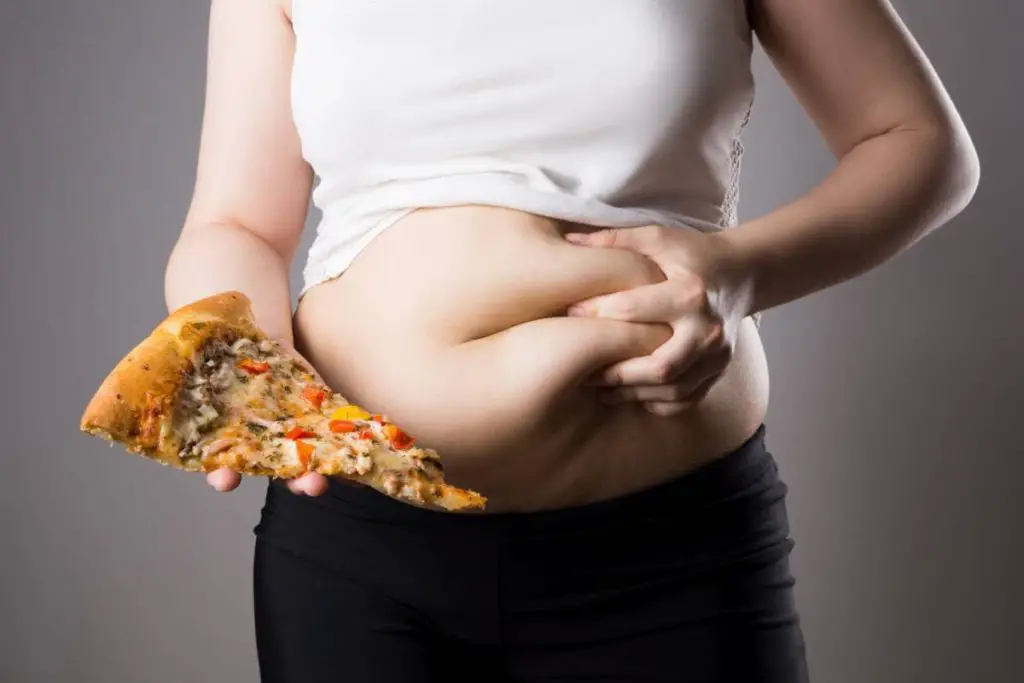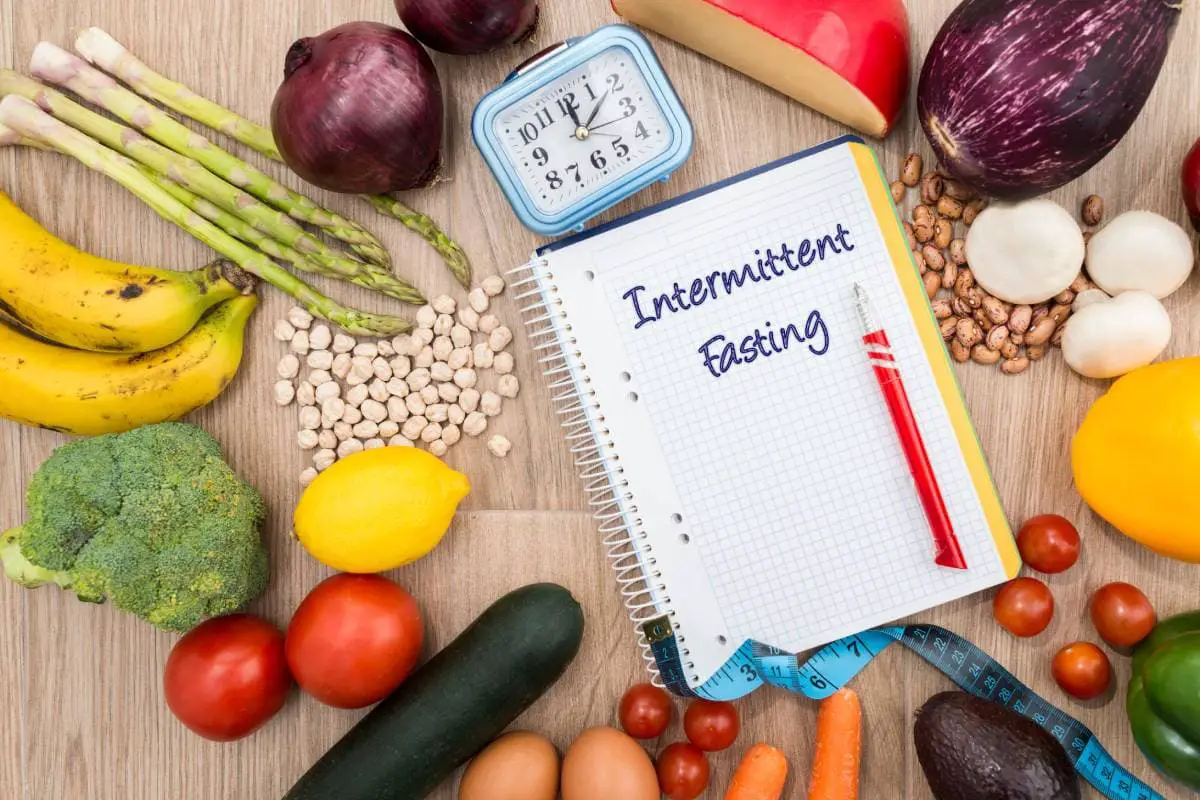Have you started intermittent fasting recently? If so, you’re probably thinking that you must do it every day or the benefits will stop. But intermittent fasting is very flexible, which means that you can reap the benefits of intermittent fasting whenever you do it.
You can stop intermittent fasting on weekends if you want. Many fasting plans allow you to stop and start whenever you like and can work with any diet you choose to be on. Most people practice intermittent fasting during the weekend, while others fast during the week.
The weekend is the perfect time to enjoy a cheat meal or a few drinks. This article will show you how to stop intermittent fasting on weekends and explain various health concerns you can expect when you break your fast.

How To Stop Intermittent Fasting on Weekends
When you decide to break your fast on weekends, the type of intermittent fasting you’re on doesn’t matter that much. Perhaps you want to hang out with friends or family, attend a wedding or party, or have a weekend getaway from the week’s hassles.
Depending on your specific intermittent fasting (IF) schedule, you may or may not need to
use the weekend as the best time to recover from the week’s fasting. For example, if your IF schedule is 18 hours of fasting and a 6-hour eating window, you might not need to recover on the weekend.
Just stick to your schedule and eat as you normally would.
However, if you’re coming off an extended fast, you might have a tendency to overeat or binge drink, allowing yourself to stray away from your weight loss goals. Therefore, ensure to eat or drink within your normal calorie allowance to avoid fat gain or other health issues like indigestion, bloating, and diarrhea.
Here are some tips for effectively stopping intermittent fasting on weekends.
Plan and Start Small
After breaking a fast, you’ll be tempted to eat or drink anything you have been craving during the week. So, you must plan and start small to avoid getting stomach sick and disrupting your digestive system by practicing some discipline on the weekend.
Start by planning your meals, including only one cheat meal or drink for the first day, and stay within your maintenance calories.
Pro tip: Use an online tool like Calorie Calculator to check your maintenance calories based on age, gender, weight, height, and activity level.
Stay Hydrated
Keep yourself hydrated by drinking enough fluids like water throughout your fasting period. Then use fresh fruit juices to re-introduce the lost electrolytes during your eating window. This also helps you overcome dehydration-related symptoms like fatigue, headaches, and muscle cramps.
You can add a pinch of salt to your water to provide your body with sodium and potassium, which are useful minerals for mitigating weight rebound after breaking a fast.

Eat Soft Foods
Ensure your first meal is soft, such as a vegetable or bone broth, because it requires less digestion and won’t affect your digestive system too much. You can add yogurt since it contains probiotics that will help repair the digestive tract and bring a balance to your digestive enzymes.
You’ll also want to avoid eating certain foods you’re sensitive to, like gluten, whole grains, dairy, and eggs. After a fast, you should give your digestive system adequate time to adjust to the new foods.
Also, don’t eat a bunch of every food that comes your way now that you’re breaking your fast to minimize gut inflammation.
Consume Lean Protein
Proteins are building blocks, and including them in your diet after a fast helps you to repair all the broken tissues in your body. Additionally, eating proteins will make you feel full fast, preventing you from overeating and reducing inflammatory damage to the digestive system.
You can eat protein sources like chicken, fish, and beef as they are safe for most people to consume. A protein bar or smoothie can increase your metabolic rate, ensuring you’re burning excess calories, even when you’re not intermittent fasting. But it’s not recommended, as it doesn’t provide you with the right type of protein, and can add unwanted calories and additives to your diet.
Limit Carbs and Trans Fats Consumption
You’ll want to limit your carbs, and trans fats intake to counteract insulin spikes, inflammation, and fat accumulation. Eating more carbs and trans fats after a fast can reverse your week’s benefits, especially when done excessively.
These usually shut down fat burning in the body. So, while enjoying yourself with friends or family, eat your cheat meals or drinks in moderation to avoid spiking your insulin levels.
Avoid Excessive Drinking
Weekends are fun, and having a few drinks isn’t a concern. However, you’ll want to avoid binge drinking because you may consume many calories and impair your digestive system. The more intoxicated you become, the more you won’t notice how much you drink or eat.
Aim to drink one or two beers or just one glass of wine per sitting while spending time with friends or your significant other.
Don’t Overeat
The last thing you want is to start your next week on a bloated stomach after overeating on weekends. Eat your planned meals and include small portions of your cheat meals or a few drinks to close off the weekend. Also, listen to your body to know when to stop gorging yourself.
When breaking your fast, avoid eating two hours before bedtime to prevent weight gain and other stomach-related problems like bloating and indigestion the following day.
What Are the Health Issues To Expect?
Stopping intermittent fasting on weekends can negatively affect you after overeating or eating unhealthy foods.
You can expect health issues like indigestion, bloating, and weight gain after stopping intermittent fasting because of the introduction of new foods. However, you can prevent them by not overeating or drinking excessively to give your digestive tract time to adjust to the new foods.

Other health issues you can encounter include constipation, nausea, and diarrhea. Fortunately, you can prevent these health issues by adopting the following measures:
- Chew your food slowly and thoroughly.
- Walk after a heavy meal.
- Do some light exercises.
- Avoid laying down after eating.
- Drink enough non-caloric liquids.
Conclusion
You can stop intermittent fasting on weekends and have a great time without reversing that week’s overall benefits. However, you must watch how much you eat and drink. You’ll also want to consider the health issues and how to solve them using our straightforward tips above to enjoy yourself during the fasting break.

